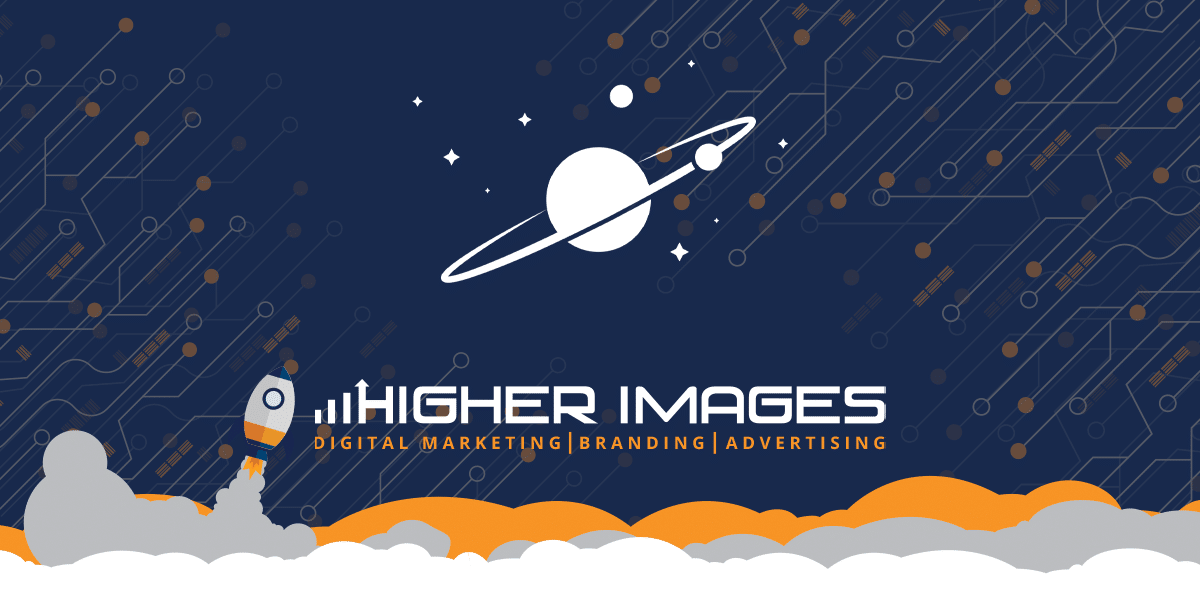Everything we know about search is wrong. That’s what Brian McAndrews is telling us. And Brian McAndrews isn’t just anybody. He’s the former CEO of aQuantive and is now a Microsoft senior vice president in charge of competing with other engines for ad dollars. So we should pay attention.
McAndrews says search is given too much credit because of the way the effectiveness of ads is measured. When an online transaction takes place, the sale is attributed to the last ad viewed, which is most often a search ad.
“Since search logically is often the last thing people do, it’s arguably getting more credit than it deserves,” he said. “It’s probably being overvalued now. Our studies show that it is.”
He cites as an example, if a customer sees a banner promoting a product on Microsoft’s MSN and watches a related video on Time Warner Inc.’s AOL and then searches for the brand on Google before making a purchase, only Google gets paid for the sale.
Until very recently, neither Atlas (part of aquantive, now Microsoft) nor DoubleClick (now almost a part of Google) could “see beyond the last click” to show the role of display ads and other search terms in contributing to the “final click.” Now, Atlas, DoubleClick, Eyeblaster and others offer tags such as Atlas’ Universal Action Tag that reveal the path the user took to get to a conversion. It’s this newly available data that McAndrews argues will diminish the relative importance of search and boost other kinds of online advertising.
Beyond the new tags, McAndrews said Microsoft is working on a system called “conversion attribution” that would dole out credit to other sources that influenced the buyer’s decision. He expects that system to replace the current one, which was originally developed by aquantive. The implication is that this system would reduce the importance of search.
At recent search conferences there has been much discussion of the “last click” issue, with conjecture that each industry might have its own formula for weighting “assists” that lead to a conversion. Most agreed that the “last click” has been over-attributed, in general to the benefit of Google.
Microsoft, who trails Google in search advertising but gets the bulk of its advertising earnings from display ads, including banners, video spots and other graphical promotions, clearly expects to benefit from any industry embrace of a new attribution standard.
My partner, Dave Smith, brought back a great case study from his travels to Australia that illustrates McAndrews’ thesis. The client had a search effort garnering 3,000 customers a month at a $40 CPA. The company had 1,000 customers from the Web at a $130 CPA. Other efforts like affiliate and email had a $60-90 CPA, garnering 2300 customers a month. The client directed the agency to cut the “expensive” Web CPA sites. Agency did so, getting it down to $100. The 1,000 customers dropped to 650. The 2,300 dropped to 2,080. The 3,000 in search dropped to 2,250. Overall volume dropped by 21%.
The takeaway: Web banners, even though they have a higher CPA, enable the overall scaling of a campaign to higher volume. When the company took away key sites that contributed to the branding of the advertising, fewer people knew about the offer, and fewer went to search.
This shows the need to report all impressions served to a consumer and all actions taken before the last action. DoubleClick, Atlas, Eyeblaster and others are bringing us the tools to finally see beyond the last click. Some think this will diminish the importance of search marketing, but it is more likely to enable us to really see the inter-relationships of media exposure and to plan accordingly. Seeing only the last click has let to the over-attribution of some keywords (most likely long-tail words) to the detriment of more broad keywords that may play a crucial role earlier in the conversion path. Or. McAndrews may be right, and attribution visibility will turn out to be the Kryptonite that diminishes Google’s advertising preeminence.
However it plays out, we are entering a brand new world. Since it’s based on already outdated attribution technology, everything we know about search IS assuredly wrong. Welcome to the future.
Morgan Cushey writes SEO articles for clients who want to enhance their online authority and see their Google Rankings rise. She has written entertaining and informative SEO-focused articles across a wide range of industries, from dentistry and landscaping to tourism and pest control, giving her a comprehensive knowledge on a variety of subjects. Morgan has a Bachelor of Arts Degree in Journalism with a minor in political science from California University of Pennsylvania. She has been a lifelong writer and has extensive experience in many styles of writing, from SEO-focused articles and PR to non-fiction and feature news articles written for local newspapers. Morgan lives in Monongahela, PA, with her fiancé Aaron, where she spends her free time reading or snuggling with her two dogs, Biscuit and Ellie.
Latest posts by Morgan Cushey
(see all)










